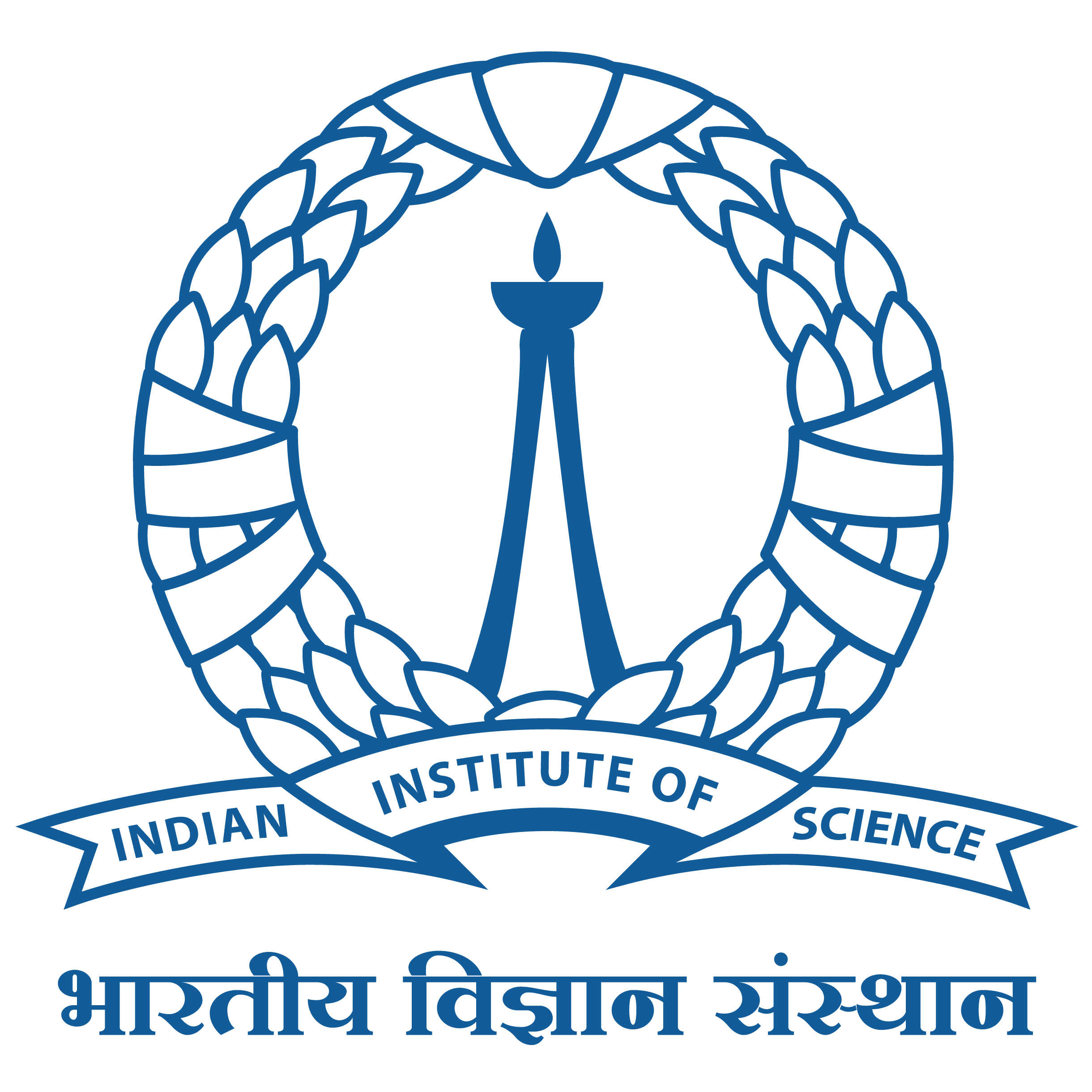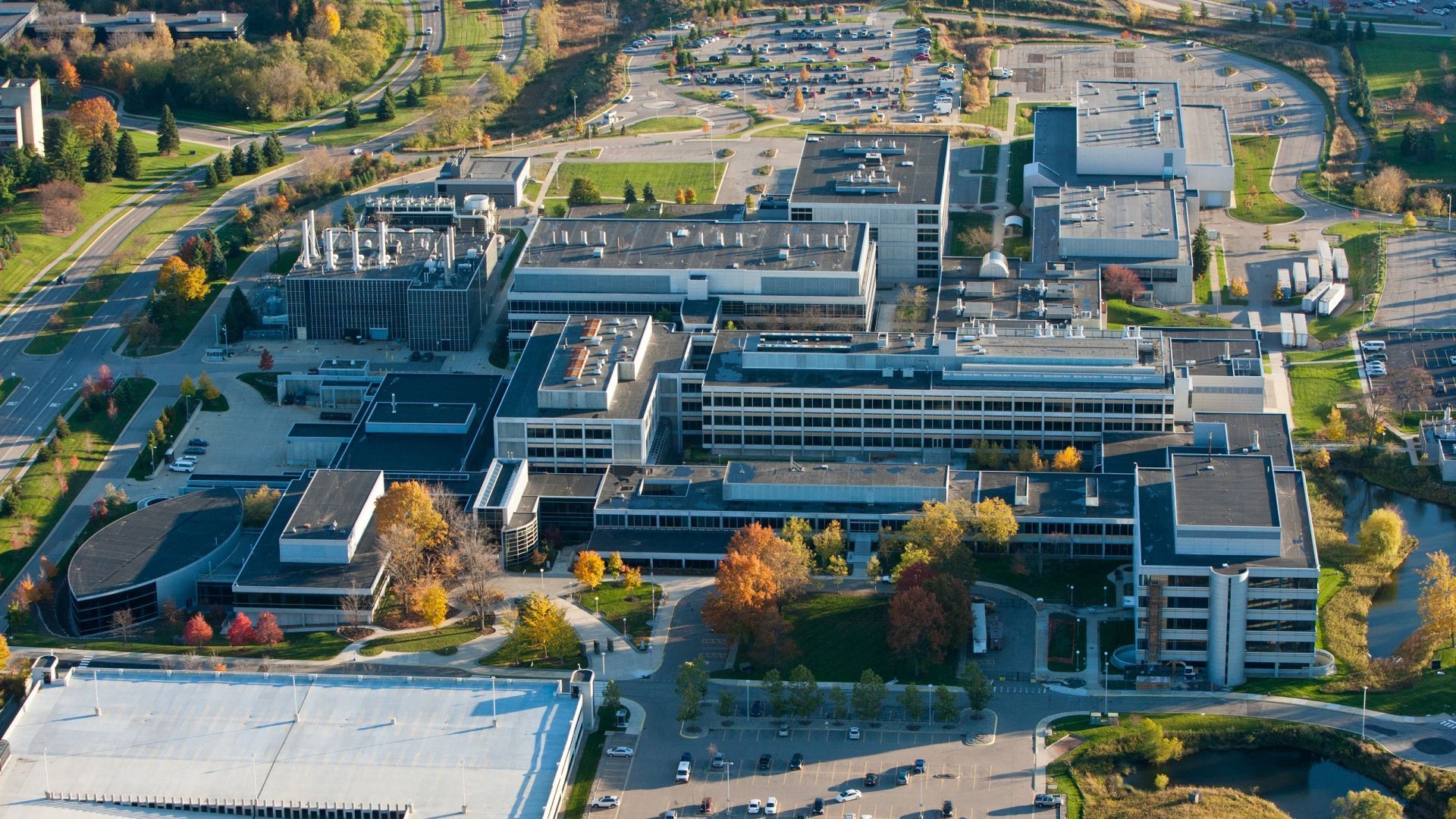
Indian Institute of Science (IISc)

Prof Anurag Kumar(Vice Chancellor)
Summary
The Indian Institute of Science (IISc), established in 1909 in Bangalore, Karnataka, is a premier public research university known for its excellence in higher education and scientific research. The institute was founded with the support of Jamsetji Tata, who envisioned advancing India's scientific capabilities. With initial contributions from Tata, Maharaja Krishnaraja Wadiyar IV, and other patrons, IISc quickly established itself as a leading institution. It received deemed university status in 1958 and was recognised as an Institute of Eminence in 2018.
IISc provides diverse undergraduate, postgraduate, and doctoral programmes. Undergraduate options include the Bachelor of Science (Research) and integrated Master of Science in disciplines like Biology, Chemistry, Environmental Science, Materials Science, Mathematics, and Physics. A recent addition is the B.Tech. programme in Mathematics and Computing, geared towards data science and artificial intelligence. Postgraduate offerings encompass M.Tech., M.Mgt., and M.Des. degrees, including an online M.Tech. for professionals. Research is central, with PhD programmes across 40 disciplines and an Integrated PhD for BSc graduates, supported by facilities like the J.R.D. Tata Memorial Library and the Supercomputer Education and Research Centre (SERC).
IISc collaborates extensively with government and private sector organisations, fostering a culture of innovation and entrepreneurship. Its alumni network is active globally, contributing significantly to various scientific and technological fields.
Ranked among the top institutions worldwide, IISc continues to lead in research and education, shaping the future of science and technology in India and beyond.
History
The roots of the Indian Institute of Science (IISc) can be traced back to the visionary Jamsetji Tata, an industrialist driven by a fervent desire to propel scientific research in India during the late 19th century. Tata's encounter with Swami Vivekananda aboard a ship in 1893 ignited his ambition to elevate India's scientific prowess. Prompted by Vivekananda's endorsement, Tata established a provisional committee in 1898, laying the groundwork for an institution dedicated to research and higher education. With support from British colonial authorities and the Maharaja of Mysore, Krishnaraja Wadiyar IV, Tata's vision began to take shape.
Formally inaugurated in Bangalore in 1909, the Indian Institute of Science saw generous contributions of land from the Maharaja and financial backing from Tata. This collaborative effort between Indian royalty and British industrialists signified a convergence of interests in fostering scientific progress. Under the leadership of Morris Travers, the institute's first director and a co-worker of Nobel Laureate Sir William Ramsay, IISc embarked on pioneering research endeavours.
The institute's early years were marked by rapid expansion and academic innovation. In 1911, IISc admitted its first batch of students, initiating a tradition of excellence in scientific education. In 1933, Sir C.V. Raman, renowned for his contributions to physics and a Nobel laureate, became the first Indian director, further enhancing IISc's reputation as a hub of scientific inquiry.
Throughout its history, IISc has remained at the forefront of scientific innovation, pioneering research across various disciplines. Notably, it was the first institution in India to introduce master's programmes in engineering, showcasing its dedication to applied research and technological advancement. Emphasising interdisciplinary collaboration, IISc attracted scholars from around the world, fostering a vibrant academic community.
In 1958, IISc attained deemed university status, granting it autonomy in academic and administrative affairs. This milestone heralded a new era of growth and expansion, propelling the institute to emerge as a global leader in scientific research and education. Upholding its legacy of excellence, IISc has garnered accolades and international recognition.
In recent developments, Wipro Limited has partnered with the Centre for Brain Research (CBR) at IISc to spearhead AI-driven health innovations. This collaboration aims to utilise AI, ML, and big data analytics to enhance health behaviours and manage long-term health disorders. Meanwhile, IISc has launched the 'Longevity India Initiative' to extend human healthspan, fostering collaboration between stakeholders to advance research in healthy ageing.
Courses
Undergraduate Programmes
IISc offers a robust undergraduate programme aimed at fostering a strong foundation in scientific research and interdisciplinary learning. The flagship programme is the Bachelor of Science (Research), a four-year course introduced during the institute's centenary celebrations in 2009. This program admits students after Class XII and offers specialisations in six disciplines: Biology, Chemistry, Environmental Science, Materials Science, Mathematics, and Physics. Additionally, IISc has launched a five-year integrated Master of Science course in these disciplines. The undergraduate curriculum is designed to expose students to the interdisciplinary nature of scientific research, encouraging a broad-based education alongside specialised training. In 2022, IISc introduced a new B.Tech. programme in Mathematics and Computing, which aims to prepare students for leadership roles in emerging fields such as data science and artificial intelligence, emphasising the deep integration of mathematics and computing.
Postgraduate Coursework Programmes
IISc offers a range of postgraduate coursework programmes that cater to diverse academic interests and career goals. The Master of Technology (M.Tech.) programme spans two years and is available across nearly all engineering departments. The curriculum includes essential core courses and a selection of electives, allowing students to tailor their education to their interests. The Master of Management (M.Mgt.) programme is specifically designed for engineering graduates, providing advanced training in management principles. The Master of Design (M.Des.) programme, initiated in 1996, focuses on product design and manufacturing, combining creativity with practical skills. In alignment with the National Education Policy 2020, IISc has also introduced an online M.Tech. programme for working professionals, offering specialisations in Data Science, Business Analytics, Artificial Intelligence, and Electronics and Communication Engineering.
Postgraduate Research Programmes
IISc places a strong emphasis on research-driven education, offering extensive opportunities for postgraduate research. The PhD programmes span 40 different disciplines, focusing on cutting-edge research and innovation. The research programmes involve limited coursework, primarily designed to prepare students for their thesis work. The Integrated PhD programme is tailored for three-year BSc graduates, providing a seamless pathway to advanced research in biological, chemical, mathematical, and physical sciences. This programme emphasises foundational knowledge and research skills, culminating in a doctoral degree. IISc’s research culture is further enriched by collaborations with leading academic and industry partners, providing students with opportunities to engage in impactful projects that address real-world challenges. This commitment to research excellence ensures that IISc graduates are well-prepared to contribute to advancements in science and technology on a global scale.
Global MBA rankings
- According to the 2022 Academic Ranking of World Universities (ARWU), the Indian Institute of Science (IISc) is ranked 301-400 internationally.
- In the QS World University Rankings 2023, IISc holds the 155th position globally.
- In the QS Asia University Rankings 2023, IISc is ranked 52nd.
- The Times Higher Education World University Rankings 2023 place IISc in the 251-300 range worldwide.
- In the Times Higher Education Asia University Rankings 2022, IISc is ranked 42nd.
- In the Times Higher Education Emerging Economies Rankings 2022, IISc holds the 18th position.
Job integration rate
Indian Institute of Science (IISc) witnessed impressive placements in 2023, with the highest package offered reaching an outstanding INR 85 LPA. Leading companies such as Amazon, Google, Flipkart, Oracle, Microsoft, Myntra, Adobe, IBM, and Infosys were among the top recruiters, further underscoring the institute's strong reputation and the exceptional quality of its graduates across various industries.
General information
- Wipro partnered with IISc on AI-driven health innovations, shares up | Business Line
- IISc launches Longevity India Initiative to conduct research on healthy ageing | Indian Express
- Indian Institute of Science | Wikipedia
- University Detail | Deemed
- IIT Delhi, IIT Bombay and IISc Bengaluru granted Institute of Eminence status | India Today
- Story of IISc to be relived through an archives cell | The Hindu
- A HISTORICAL PERSPECTIVE | IISc
- General Info - About IISc | IISc
- ORIGIN-PDF | IISc
- Science with a soul | Tata Group
- Indian Institute of Science, Bangalore | IISc
Explore the latest data on Business, Industry Leaders and Influencers, Organizations, Education, and Investors to stay informed and ahead.

Prof Anurag Kumar(Vice Chancellor)
